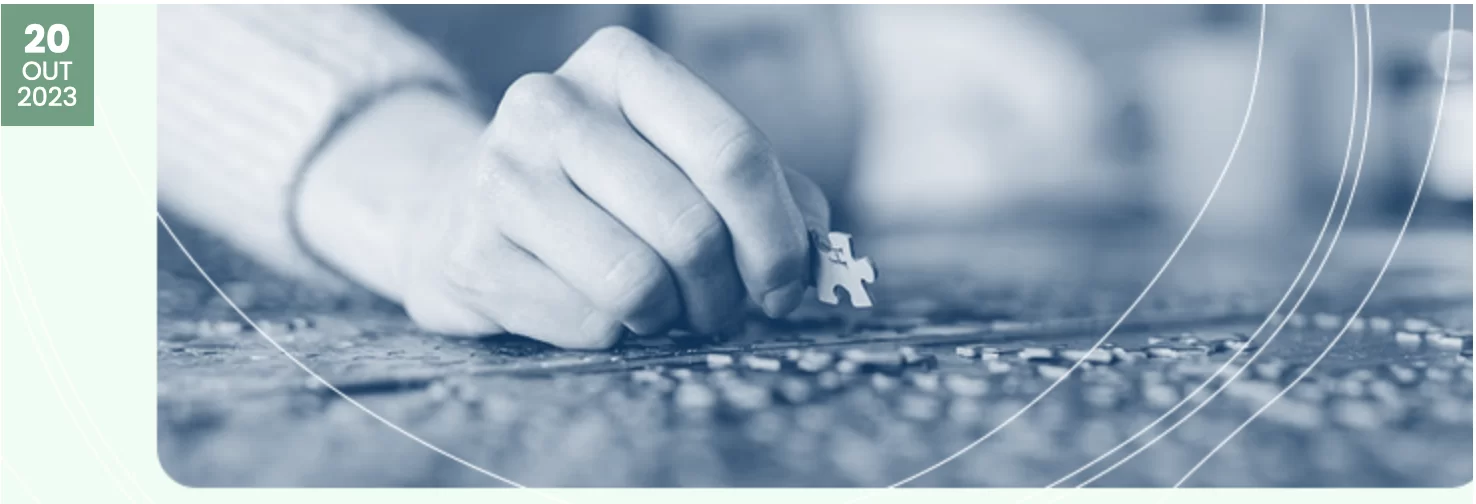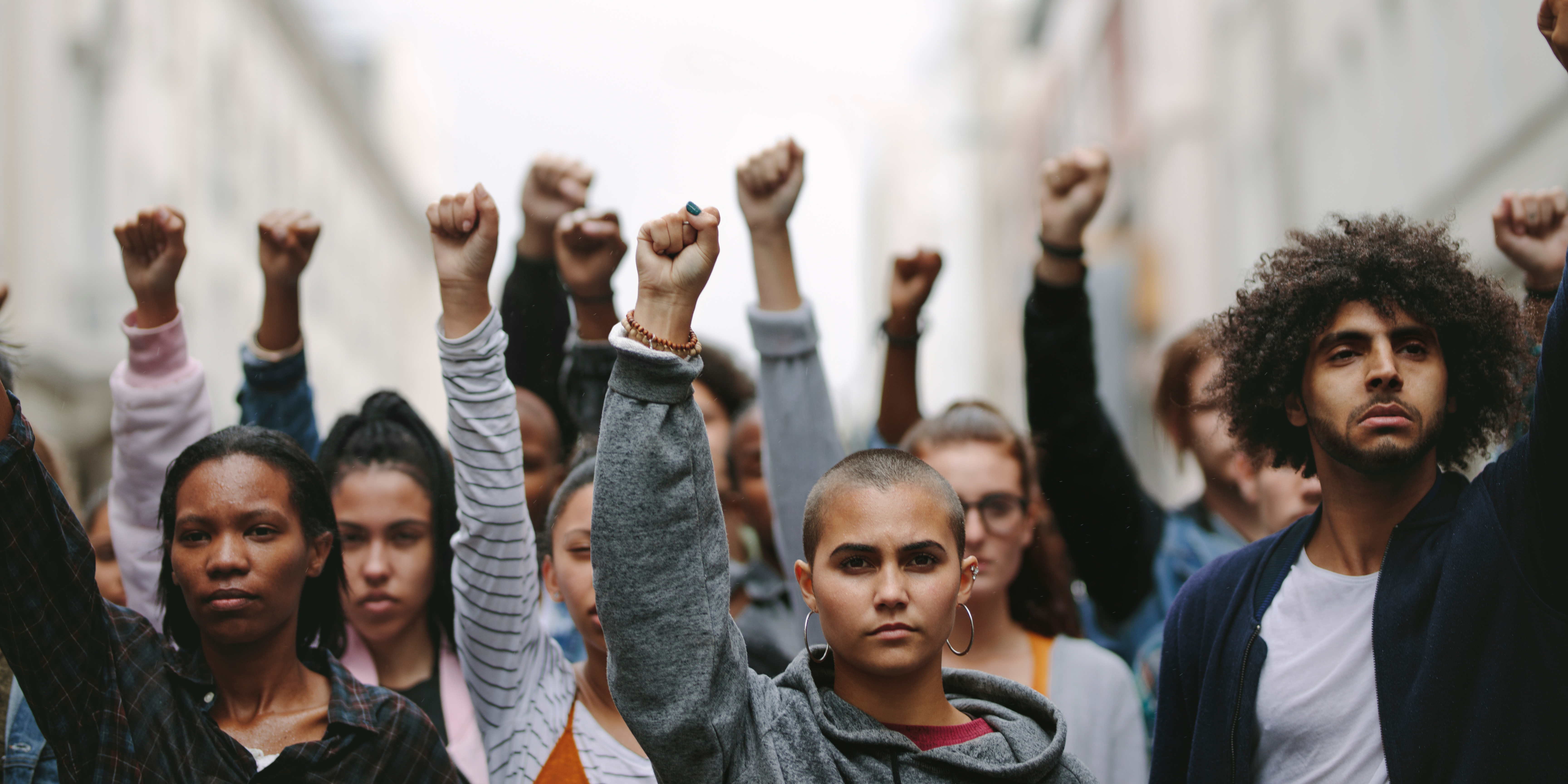The COVID-19 pandemic highlights the need to address the North-South power imbalance in global philanthropy, says report from the Center for Strategic Philanthropy at the University of Cambridge Judge Business School.
A new report on global philanthropy released today (15 December) says the COVID-19 (coronavirus) pandemic has highlighted the need to address inequalities in the philanthropic relationship between the global North and South, including more central funding and local networks in the south.
The report – titled Philanthropy and COVID-19: Is the North-South balance of power finally shifting? – is the first publication from the Center for Strategic Philanthropy, which launched operations in June 2020 with a mission to examine philanthropy in and from the world's fastest-growing markets, including Africa, developing Asia, and the Middle East.
Through interviews conducted with two dozen Global South Social Purpose Organizations (SPOs) – including participation from the Greater Good Movement – and foundations during the COVID pandemic – as well as secondary data analysis – the report concludes that COVID-19 revealed “a deep sense of dissatisfaction with the status quo” in global philanthropy.
While philanthropic foundations in the Global North have historically exercised considerable control over how resources are allocated to grantees in the Global South, the urgent demands of the pandemic have begun to shift some control to organizations in the Global South. As more and more resources are diverted to public health, old decision-making norms have been disrupted in favor of organizations with superior local knowledge. And the positive effects of this show that now is the time for industry-wide change.
Based on these findings, the report draws attention to three key steps that will help global philanthropy apply lessons learned from COVID-19. The resulting long-term changes will make philanthropic relationships more equal and improve the impact of Global South philanthropy:
- Financing networks to improve infrastructure, capacity and knowledge . Networks help fragile and resource-poor SPOs collectively negotiate for better relationships with governments, global funders and the broader development community. They also help build better analyzes of the sector's needs and potential. During the pandemic, many Global South SPOs began creating regional networks to share knowledge: however, local data collection requires investment, and Global North funders need to commit to funding local networks (in addition to their associated infrastructure) to that SPOs in the Global South can begin to take advantage of the data revolution.
- Improve partnerships between Global South governments and Global South philanthropists. Better partnerships with government would allow Global South PEOs and donors to align with national development policy and scale up their initiatives more quickly. Working together, Global South PEOs and governments can also advocate radical reform of existing global development policies. However, to achieve this, governments in the Global South need to feel more comfortable working with civil society and local organizations. Projects such as the OECD Network of Foundations Working for Development can contribute to this, bringing together governments and philanthropists.
- Build resilience in the Global South by financing core costs rather than just project-specific financing. Historically, donors have been reluctant to fund SPO overhead or salaries due to the myth that this is less efficient than program funding. This hampers local SPOs in their efforts to build resilience, gain expertise, and manage data repositories – thus diminishing their potential impact. Furthermore, many restrictions on donations entrench the power imbalance between donors and grantees in the Global South, suggesting that the latter cannot be trusted to decide where funding is best allocated. Instead, funders need to rely on OEPs' local knowledge to spend money effectively. All of the beneficiaries we interviewed appreciated the simpler and faster due diligence and application processes that COVID-19 made necessary.
Clare Woodcraft, Executive Director of the Center for Strategic Philanthropy, said:
“The fact that Social Purpose Organizations from the Global South are finally making their voices heard is a positive step – but it is crucial that global philanthropy does not regress to the status quo after the pandemic is over.
“Achieving the UN Sustainable Development Goals by 2030 will require a shift towards a more collective, inclusive and local to identifying and prescribing social investment solutions. The need for this change – in light of the severity of the pandemic – has never been more urgent.
“COVID-19 could therefore be a catalyst to position philanthropy to respond even more effectively to the next unpredictable but not unpredictable crisis.”
Kamal Munir, Academic Director at the Center for Strategic Philanthropy and Reader in Strategy and Policy at Cambridge Judge Business School, said:
“The shift in power dynamics that our research revealed is clearly nascent, fragile and uneven. However, it shows some initial indications of practices that, if nurtured and maintained, could potentially transform the relationship between philanthropic actors in the Global North and Global South. This, in turn, can lead to positive operational and policy outcomes that can help drive more sustainable and scalable social impact.
“Beyond COVID-19, the UN SDGs could potentially be accelerated if the trillions of dollars of available philanthropic capital were systematically pooled and then targeted toward critical needs defined locally, rather than subjective criteria defined in the Global North. Furthermore, new thinking around SDG delivery that incorporates truly grassroots ideas and innovations from the Global South – ideally generated by emerging young philanthropists and transformative social investors from the Global South – could rapidly improve their effectiveness. ”
This text was originally published on the Cambridge Judge Business School .
Download the report:
Philanthropy and COVID-19: Is the North-South balance of power finally shifting?





